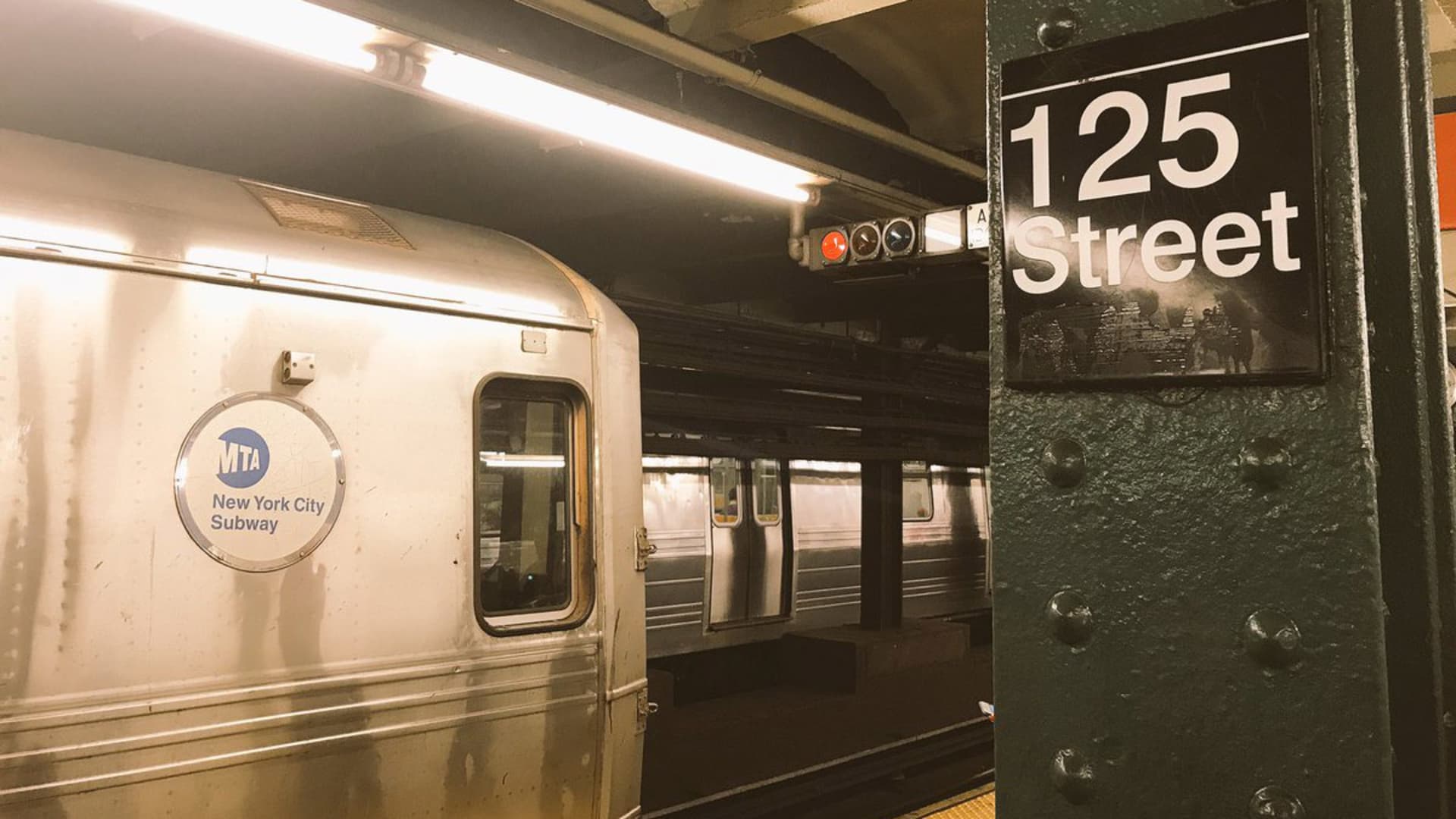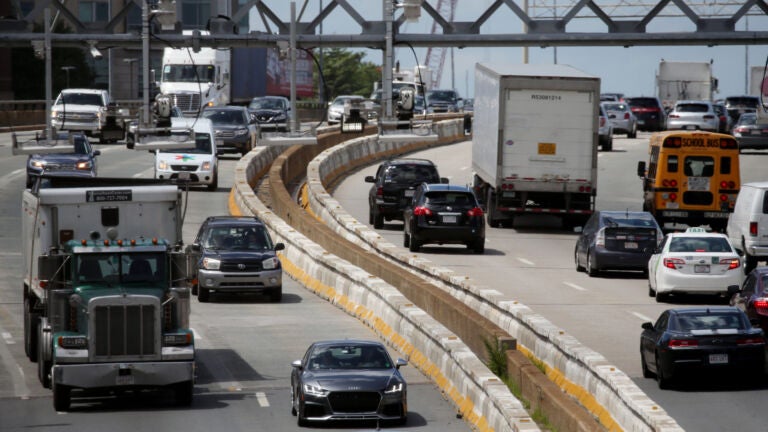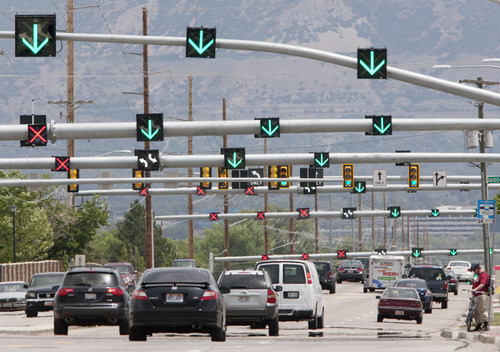F-Line to Dudley
Senior Member
- Joined
- Nov 2, 2010
- Messages
- 9,544
- Reaction score
- 10,380
I don't see a zipper working on I-90. I-90 does seem to get more reverse traffic and less peak direction traffic than I-93.
The 93 zipper NEVER worked. By cannibalizing what little shoulder space was left on a grandfathered interstate, stuffing the zipper barrier on the existing footprint wrecked what extremely small resiliency the highway had to withstand a disablement. It locks like it does every hour of every goddamn day because there is absolutely nowhere to weave around when traffic flow sustains a flesh wound. The highway would literally be improved by just getting rid of the zipper and re-claiming what little continuous shoulder space they can grab, but the only way it's going to be fixed at tangible improvement to traffic flow is by a billion-dollar Braintree Split-Southampton St. widening project that adds no lane capacity whatsoever but merely buffs out full Interstate-spec left and right shoulders through every bridge and overpass like vastly more resilient 128 now has. With the Pike, it already gets banged up daily by its lack of continuous breakdown lane inside of 128, though the road itself is much straighter than 93 so disablements don't yet bite traffic flow as hard as they do on the SE Expressway. But I can only imagine how awful it would be if you took what little shoulder remained and made a zippah out of it.
In Boston the only way a managed lane add is going to work completely trouble-free is if the pavement space allowances are akin to the sprawling I-84/I-91 carriageways east and north of Hartford: everything having full-width shoulders, including the HOV reservation. That's not construction we have any space to do in this region, certainly not for the dubious overall benefits of HOV's.
Last edited:



